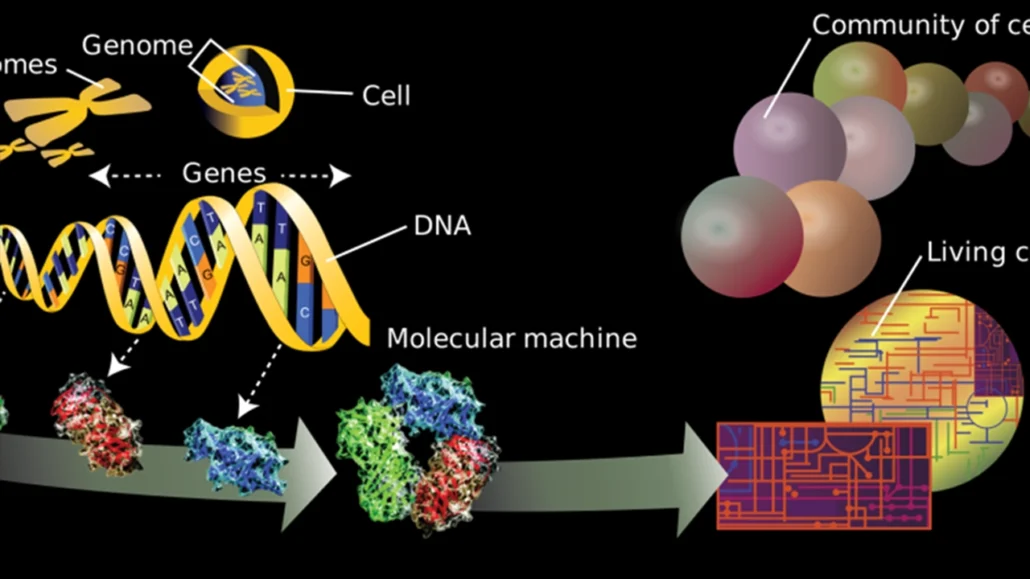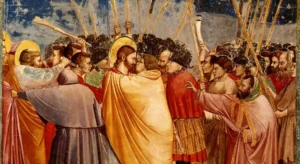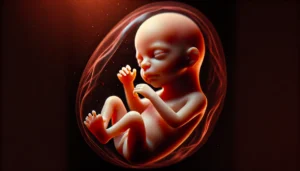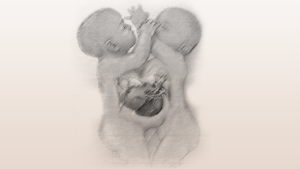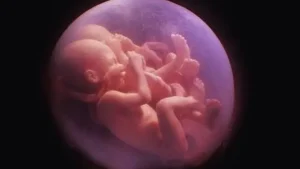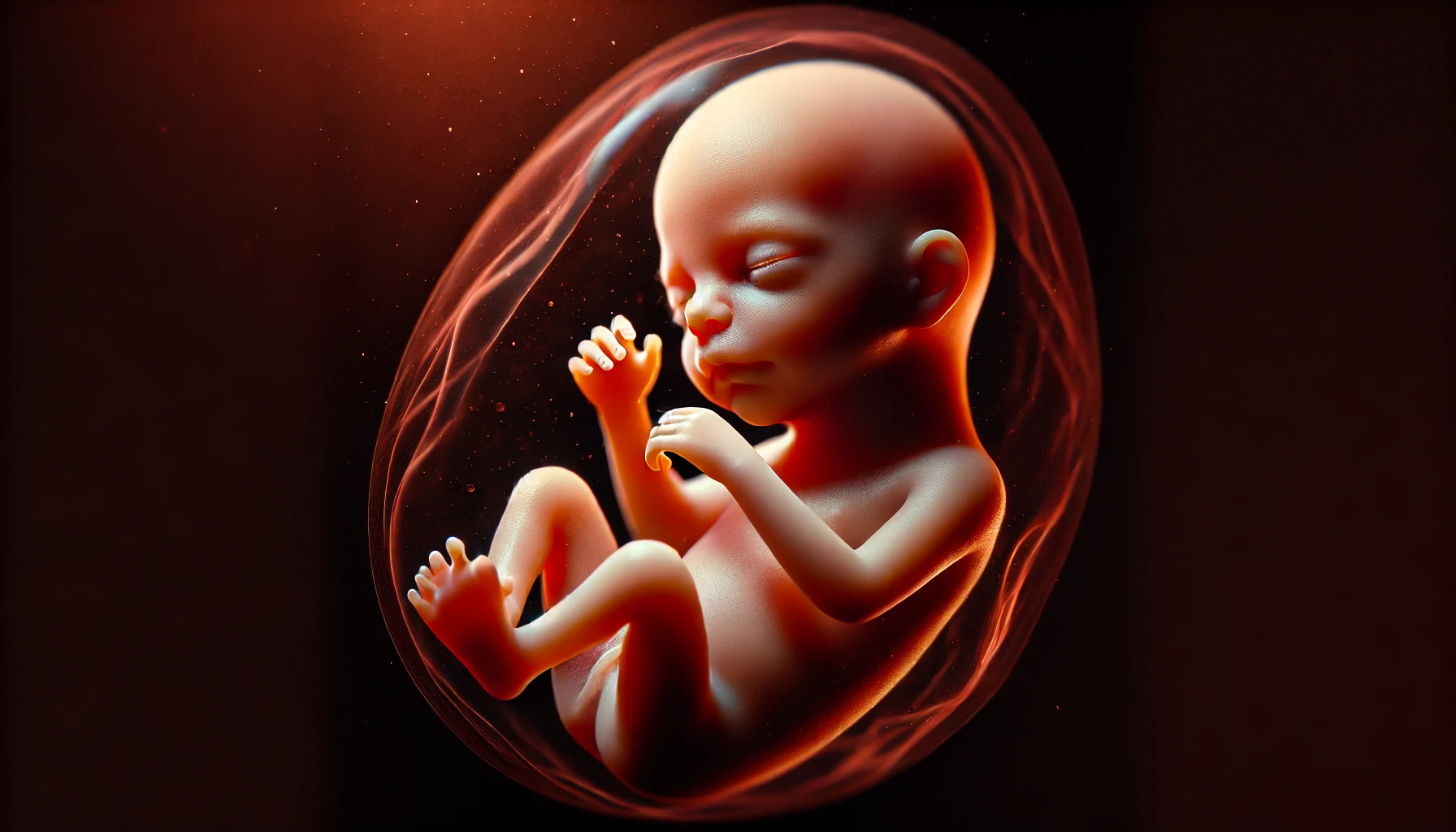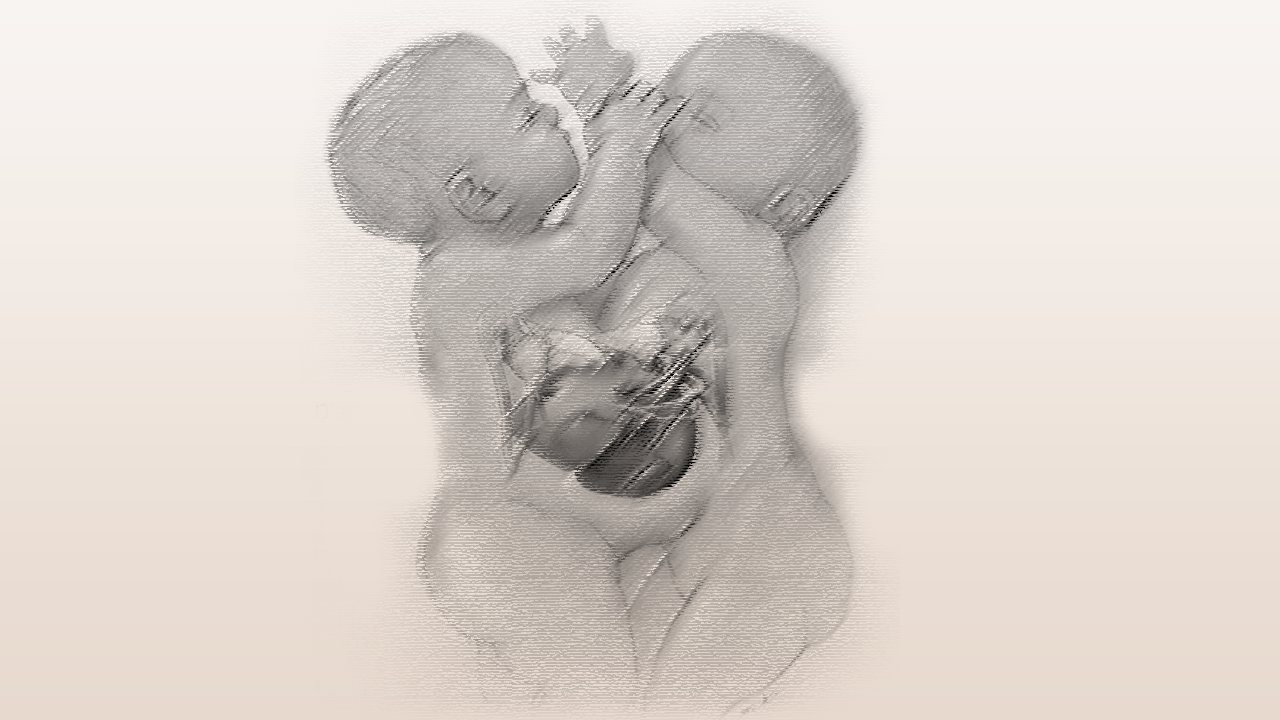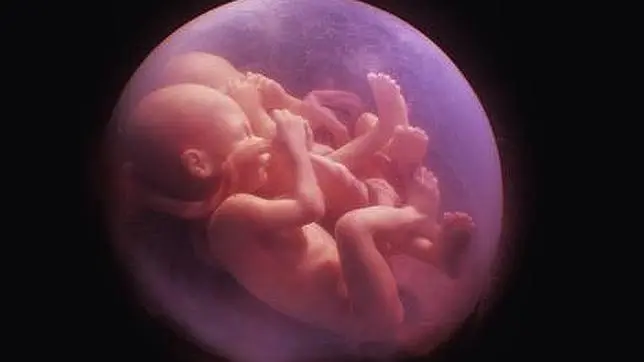Question:
Dear Sir, I am M. M., editor of C. magazine, a publication oriented to the formation of parents. I am writing to you because we are writing a report on the Human Genome Project and we would like to have the official position of the Church regarding this research and its future implications. I look forward to your prompt response, Yours sincerely.
Answer:
The Human Genome Project: Decoding the Genetic Blueprint
The Human Genome Project began its studies in 1990 with the participation of more than 15 countries from different continents and consists of trying to decipher the genetic code of the human being that is inscribed in the DNA, in such a way that it would be possible to establish a sort of ‘perfect map’ to know exactly which chromosomes specifically influence which human characteristics or health predispositions. In this way, it could be possible to identify, for example, which people will suffer from heart disease or develop diabetes, as well as to prevent cancer, or even to determine certain human characteristics, such as hair and eye color, size, etc.
The genome is the set of genetic material characteristic of our species, located inside the cells. Its decoding will make it possible to fill important gaps in the development of therapies for the main diseases that afflict us.
This is precisely where the great economic interest of private researchers lies. The companies intend to patent genetic data with therapeutic potential, so that scientists and laboratories interested in studying them will have to pay for it.
Geneticist Angelo Serra said of the latest discoveries: ‘In practice we have a draft of 90% of the human genome. We will therefore know how the three billion letters (A, T, C, G) that make up the alphabet of the genetic information code follow one after the other. An attempt has been made to ‘sequence’ a mass of data comparable to a library of three thousand volumes, of thousands of pages each, and with thousands of letters per page. Much energy is now focused on the second part of the program: mapping the 150,000 or so genes, i.e. locating them on the chromosomes where they are aligned. But it was absolutely necessary to first check how the letters are arranged, and then to investigate where the specific messages that make up the genes are placed, and what their structure is. The map will take time: in July 1999 only the exact position of 8,000 genes was known’ (Angelo Serra, ZENIT, May 3, 2000).
The Church’s Stance on Genetic Engineering
Genetic engineering is a clear demonstration of the capacities of intelligence that God has willed to make man a sharer in. The Catholic Church has never demonized research aimed at discovering and using genes (that is, the coded information that governs the entire development and functioning of the organism) for good purposes, such as overcoming disease. The ‘yes’ to genetic engineering has, however, a precise condition: science and technology, once the secrets of nature have been discovered, must use them for the good of mankind. Catholic thought does not underestimate any of the advantages and risks that genetic engineering entails’ (Angelo Serra, ZENIT, May 3, 2000).
Moral and Ethical Considerations
According to Monsignor Sgreccia, vice-president of the Pontifical Academy for Life and director of the Institute of Bioethics at the University of the Sacred Heart in Rome, the announcement of the breakthrough in the codification of the human genetic map is a step comparable to ‘the discovery of a continent or space flight. It is now to be hoped that the first objective of using these discoveries will be to prevent the causes of hereditary diseases, and then to ensure a better understanding of the mechanisms that determine the formation of tumors. Obviously, there is also the risk – and it is therefore necessary to appeal to a sense of responsibility – that the achievements made will be used to promote eugenics, i.e. to determine the selection of healthy and sick individuals, or to establish a kind of value of human existence by virtue of genetic characteristics’.
It would be a kind of extremely dangerous dictatorship that, in addition, would have all the information of our genetic constitution. Knowledge is power and, therefore, to know our characteristics means, in a certain sense, to take possession of each one of us – Monsignor Sgreccia confirms -. It is to be hoped that, in addition to the UNESCO (United Nations Educational, Scientific and Cultural Organization) Universal Declaration on the Human Genome, laws will be enacted to establish the boundaries within which such a discovery should be used.
After the announcement of the breakthrough in genome coding, someone has said that there is nothing more to say about man and his presence in the world. On the contrary,’ replies Sgreccia, Biological science describes, it does not explain the ultimate cause of the origin of life, of the origin of reality and above all of this marvelous structure, which can only be the fruit of an intelligent causality. Just as in the psalm we say: ‘The heavens declare the glory of God and the firmament announces the work of his hands’, so also in this case, and with more reason, we can see the greatness of God in the order and beauty of this structure that we decipher in our cells. It is a question of explaining what the person is and whether matter can explain intelligence and spirit or, on the contrary, whether it is the human spirit that governs the life of the individual. Anthropology, philosophy of science, metaphysics are more stimulated than ever by this discovery’ (Zenit, June 28, 2000).
Pope John Paul II has given the following moral parameters: ‘Some scientific advances, such as those related to the human genome, honor the reason of man, called to be lord of Creation, and honor the Creator, the source of all life…
As regards alterations to the sequence of the human genome, it is worth recalling some fundamental moral norms. Any alteration of the genome must be carried out with absolute respect for the specific character of the human species, for the transcendent vocation of every human being and for his or her incomparable dignity. The genome constitutes the biological identity of each person. Moreover, it expresses a part of the human condition of the person, whom God loved for his or her own sake, thanks to the mission entrusted to his or her parents.
The fact of being able to establish the genetic map should not lead us to reduce the person to his genetic heritage and the alterations that may be inscribed in it. In his mystery, man surpasses the totality of his biological characteristics. Man is a fundamental unity, in which the biological aspect cannot be separated from the spiritual, familial and social dimension without running the serious risk of suppressing what constitutes the very nature of the person and of turning him into a mere object of analysis. The human person, by his or her nature and uniqueness, is the standard for all scientific research…
In this regard, we welcome the fact that many researchers refuse to accept that discoveries made on the genome should be considered as registrable patents. Since the human body is not a disposable object, research results must be disseminated throughout the scientific community and cannot be the property of a small group.
Ethical reflection must also concern itself with the use of medical data concerning individuals, especially those contained in the genome, which society can use to the detriment of individuals, for example by eliminating embryos with chromosomal anomalies or marginalizing individuals affected by certain genetic diseases. A person’s biological secrets may not be violated, nor may they be researched without his or her explicit consent, nor may they be disclosed for uses that are not strictly medical and do not have a therapeutic purpose for the person in question. Regardless of the biological, cultural, social or religious differences that distinguish people, each person has the natural right to be what he is and to be solely responsible for his genetic patrimony’ (John Paul II, To the Members of the Pontifical Academy of Sciences, L’OR., 4/11/94, p. 20, nn. 3-4).
P. Miguel A. Fuentes, IVE
Original Post: Here
Other post: Is it licit to do transplants from animals to humans?

